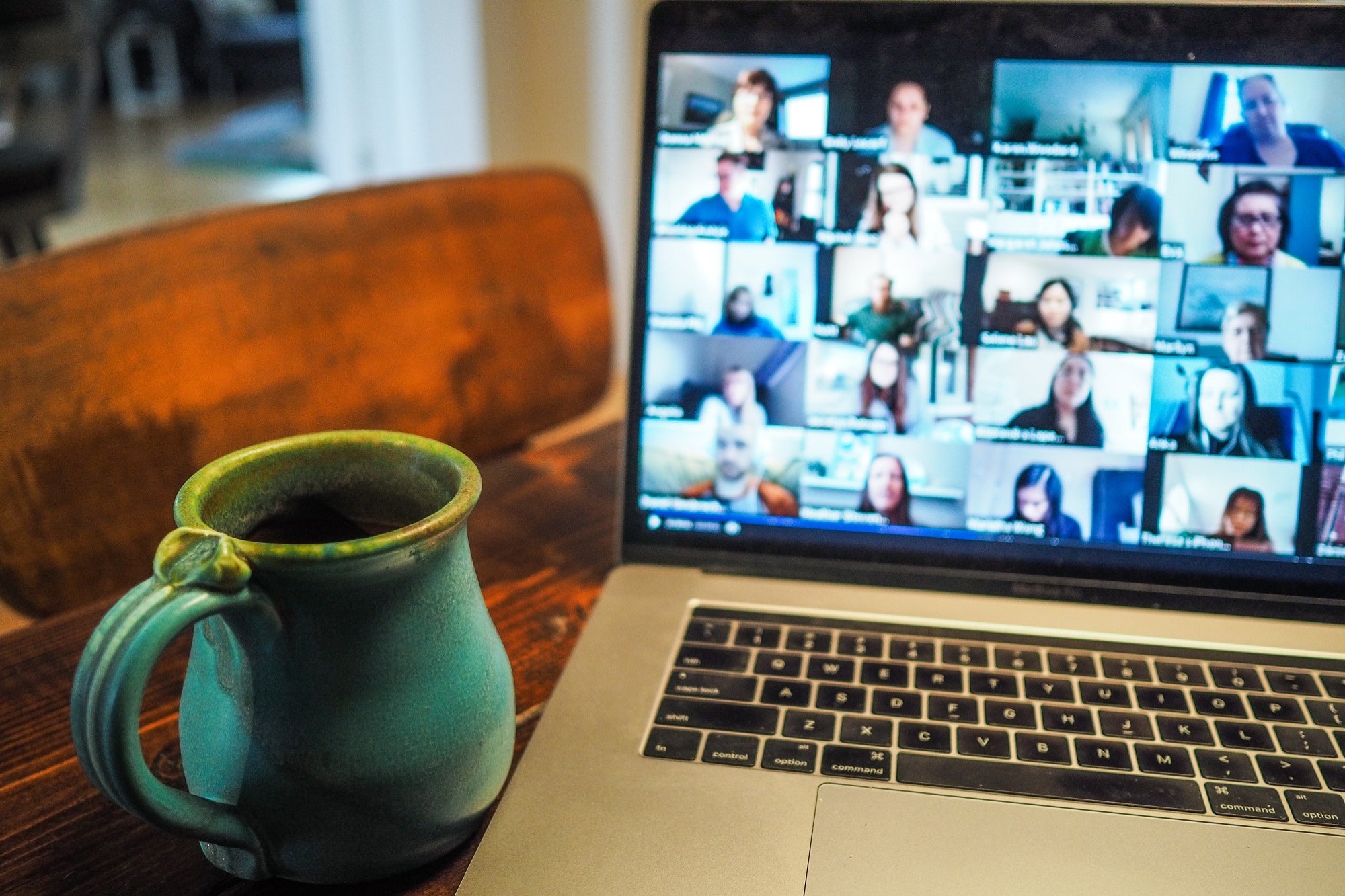Opinions expressed by Contractor the contributors are theirs.
You are reading Entrepreneur Asia Pacific, an international franchise of Entrepreneur Media.
As lockdowns and quarantines have led to a global overhaul of how we meet and socialize, the events industry – designed to facilitate social interaction – has had to rethink what networking requires. As we look for new ways to stay connected during this time of unprecedented social isolation, we’ve seen an industry-wide shift toward digital solutions: large-scale annual events like Microsoft Build and Comic-Con@ Home 2020 to smaller, more intimate events. events such as virtual wedding celebration, event managers and businesses are scrambling to bring their traditionally offline events online.
Unsplash
But, even for veteran event managers, this is new territory: 90.2% of attendees to the third episode of our digital event series on how to organize digital conferences said they had no experience in organizing digital conferences. We believe this rapid digital transition has created a void in the industry – a void in knowledge and experience that will be filled by people with skills dedicated to navigating the emerging field of digital and hybrid events: the manager digital events.
What is a digital event handler?
Going digital isn’t as easy as setting up a webcam and video feed; you can’t expect to run an online event exactly the same way you would an offline event. How do you choose the best platform for your event? How do you secure your event? How do you deal with technical difficulties, such as your speaker’s Internet connection being cut off? What strategies do you have to generate revenue at your online event?
This is where the Digital Event Manager (DEM) comes in: by combining technical expertise with its experience in event management, the DEM reinvents the concept of events and creates engaging digital experiences for attendees. “Digital” is a key word – the DEM must combine their expertise in event management – how to market your event, how to manage speakers, how to assess your event’s needs and objectives – with new technological know-how in hardware and software configuration. , technical troubleshooting, digital privacy regulations and much more.
What skills does a digital event manager need?
It’s certainly a tall order – most of us in the industry start from scratch and learn the ropes together. As we move forward and explore what digital events have to offer, here are the skills budding DEMs will need to navigate the road ahead.
Technical Literacy: It’s not about how to code and build a complete platform for your event from scratch – there are already resources available. It’s about choosing the right tools to help you achieve your goals for your event. To stay ahead of the game, you need to keep up to date with the latest technologies and solutions. Download new apps and familiarize yourself with new software; attend webinars and online conferences and pay attention to what other people are doing.
Content creation: There is no face-to-face craving; no lunch cocktails. With online events, the content is your event – and strong content will be what keeps people watching your event and what keeps them coming back. Consider what would keep you engaged and explore different content avenues: mix in pre-recorded and live speakers; invite your attendees to submit video testimonials, sharing their thoughts on the topic of discussion; or show a human touch by giving your attendees a behind-the-scenes look.
Experience design: Another important aspect to keep in mind is that the attendee experience is completely different for online events than for offline events. However, you still want to create a smooth, high-quality experience for your attendees. Think about what you would prepare for an offline event: registration desks, volunteers ready to help, opening sessions and exhibition stands, and make sure you maintain the same quality of experience in your online event . Ensure the security of your event by having some form of check-in or registration; have a support representative ready to answer any questions or issues your attendees have; make sure your resources, such as digital brochures, are readily available.
Event management: All of these skills build on your event management knowledge base. How you manage multiple stakeholders, how you manage your event budget, how you market and advertise your event: you’ll need this knowledge even as you expand your repertoire to digital events.
The next step towards a new frontier
More than 40 percent of respondents to a SACEOS survey said they would rather attend events virtually than physically even in October 2020. It looks like digital events won’t be going away for some time. And, even as we return to physical events, digital event handlers will remain relevant. About 59% of our respondents believe that in the future, digital conferences will be a component of physical conferences. This current trial by fire of digital events will give rise to a hybrid ecosystem of events. In a few years, we could see events where physical attendees and digital attendees leverage technology to mingle, facilitated, of course, by DEMs.

